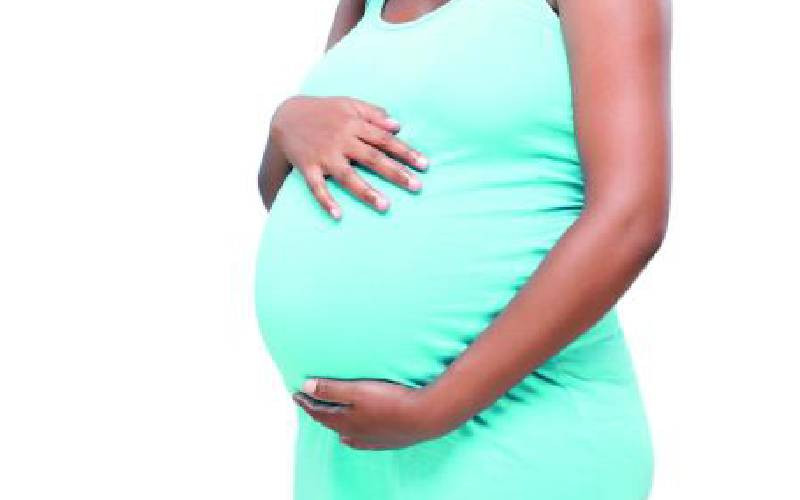×
The Standard e-Paper
Stay Informed, Even Offline

For most mothers, multiple pregnancies can sound scary. It can be an overwhelming time for a new mother to discover she is carrying not two, but more babies!
Prof Ruth Nduati, a Pediatrician at Kenyatta National Hospital and also a lecturer at the University of Nairobi explains that multiple pregnancies mean that a woman has multiple fetuses developing inside her womb at the same time, with most cases being two or three and with rare occurrences of four, five or more.